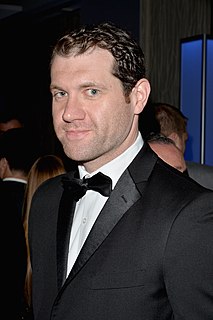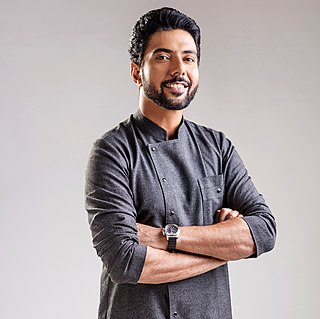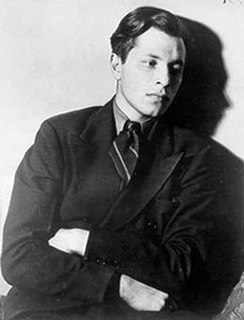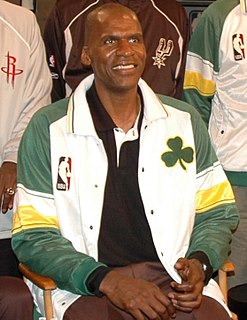A Quote by Billy Eichner
The 'Billy On The Street' persona is truly inspired by who I was as a child - obviously not having an adult perspective on the world.
Related Quotes
In certain circumstances where he experiments in new types of conduct by cooperating with his equals, the child is already an adult. There is an adult in every child and a child in every adult. ... There exist in the child certain attitudes and beliefs which intellectual development will more and more tend to eliminate: there are others which will acquire more and more importance. The later are not derived from the former but are partly antagonistic to them.
Writing from a teen's perspective is easy as pie. At least I've actually been a teen. I've never been a woman, or an ethnic minority, or a weary old man. If anything, writing from the perspective of a child is probably easier for me. When I was a kid everyone thought I was so clever and precocious. Now that I'm adult, everyone thinks that I'm kinda odd and childish.
































